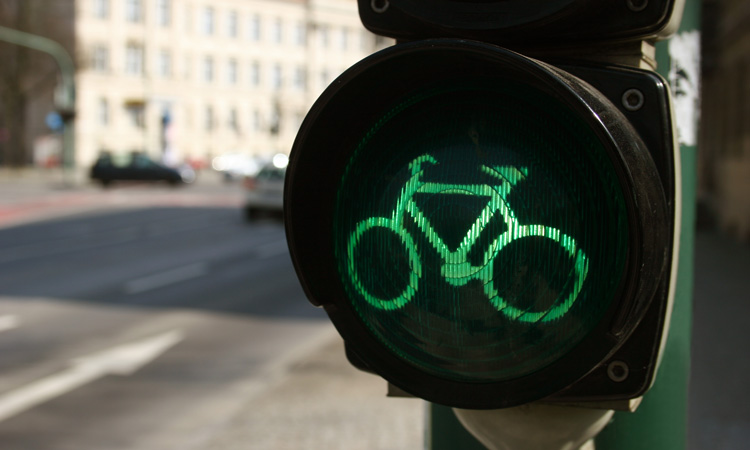Benelux ministers urge European Commission to embrace cycling
- Like
- Digg
- Del
- Tumblr
- VKontakte
- Buffer
- Love This
- Odnoklassniki
- Meneame
- Blogger
- Amazon
- Yahoo Mail
- Gmail
- AOL
- Newsvine
- HackerNews
- Evernote
- MySpace
- Mail.ru
- Viadeo
- Line
- Comments
- Yummly
- SMS
- Viber
- Telegram
- Subscribe
- Skype
- Facebook Messenger
- Kakao
- LiveJournal
- Yammer
- Edgar
- Fintel
- Mix
- Instapaper
- Copy Link
Posted: 15 July 2020 | Sam Mehmet (Intelligent Transport)
Benelux transport ministers have called on the European Commission, EU member states and regional authorities to embrace and promote cycling as part of the sustainable recovery from COVID-19, offering a series of recommendations.


Belgium, the Netherlands, Luxembourg and the German state of North Rhine-Westphalia have made a joint political declaration to the Executive Vice President of the European Commission, Frans Timmermans, on the urgent need for stimulating cycling in Europe.
Governments from all across Europe and the world have reacted to the COVID-19 crisis by taking cycling measures to minimise transmission risks, but the EU member states have launched the political declaration to call for all European authorities to join the cycling ‘momentum’.
The ministers called upon the European Commission to:
- Use the ongoing revision of the TEN-T regulation to optimise co-funding possibilities for the construction or improvement of bicycle infrastructure, as well as broaden eligibility of bicycle projects in the definition of urban nodes
- Allocate other EU funding to bicycle policy, for example under the European Green Deal
- Prioritise the bicycle in new initiatives such as the Climate Pact, the new upcoming EU Smart and sustainable transport strategy and the new EU Urban Mobility Strategy
- Allow member states to apply a reduced VAT rate on (electric) bicycles under Directive 2006/112/EC.
They called upon other EU member states to
- Provide the European Commission with data on active mobility in order to come to a clear overview of the actual situation on bicycle use at EU level
- Allocate sufficient funding for the bicycle in COVID-19 recovery plans and provide for financial bike stimulation schemes and campaigns
- Assess where bike use can have the largest impact in reducing motorised congestion
- Facilitate ecotourism by promoting the EuroVelo network and by encouraging train operators to provide sufficient space for bikes when purchasing new equipment
- Assess where traffic regulations could be made more bicycle friendly.
The declaration called upon regional and local authorities to:
- Provide a permanent extension of their networks of safe bike lanes on local routes
- Implement a Sustainable Urban Mobility Plan prioritising active modes of transport
- Set-up campaigns to simulate bike use
- Promote the cargo bike for zero carbon city logistics
- Offer free services such as bike sharing during the summer period
- Apply speed limit reductions, amongst others by implementing shared spaces with priority for pedestrians and cyclists and with speed reduced to 20 km/h
- Make use of the WHO Health Economic Assessment Tool as a basis for policy, measures and cooperation.
“We are very pleased to see that the Benelux Ministers have cited the benefits of cycling that the ECF has been promoting for years and that these are resonating with policy makers at the highest levels of the EU,” said Jill Warren, co-CEO of the European Cyclists’ Federation (ECF).
In line with the results of ECF’s ‘The benefits of cycling’ report, the ministers stressed that cycling within Europe produces global annual benefits of €150 billion, of which €90 billion are positive externalities for the environment, public health and the mobility system.
Related topics
Air Quality, COVID-19, Infrastructure & Urban Planning, Passenger Accessibility, Sustainable Urban Transport, Transport Governance & Policy
Related modes
Cycling
Related cities
Europe
Related organisations
European Commission, European Cyclists' Federation (ECF)
Related people
Frans Timmermans, Jill Warren







